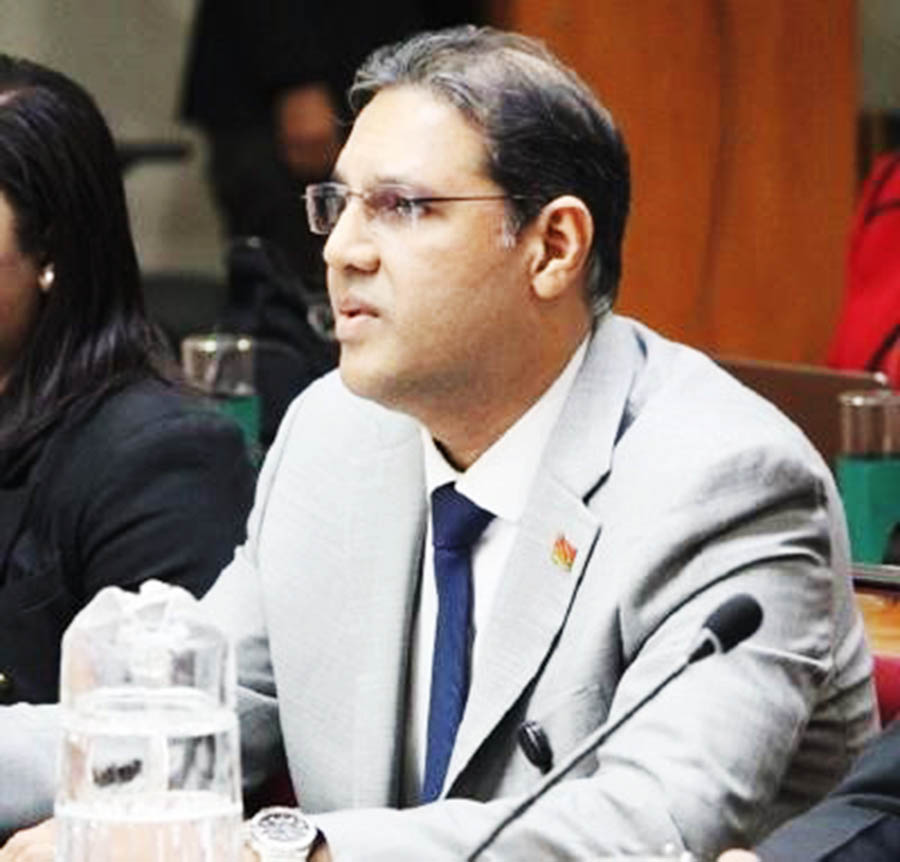(Trinidad Express) Chief Medical Officer Dr Roshan Parasram has warned that the country’s hospitals “won’t have bed space” in 20 years, unless an ongoing epidemic of non-communicable diseases (NCDs) is arrested.
Cardiac disease, hypertension and diabetes continue to be the leading causes of death among men and women locally, with Parasram stating yesterday that the children of today must be targeted now towards adopting healthier lifestyles.
Parasram was among public health officials appearing before a Joint Select Committee (JSC) on Social Services and Public Administration, for “An enquiry into Trinidad and Tobago’s response to the prevalence of non-communicable diseases (with specific focus on diabetes, cardiac diseases and cancer)”.
The CMO said “lifestyle” continues to be the primary cause of people developing NCDs, including through the use of tobacco, as well as through poor diet and exercise regimes.
Parasram said the Ministry of Health was focused on getting Trinidad and Tobago to a place where “we are a healthier society as a whole”.
However, this requires a “whole of society approach”, he said, that included the Government as well as the public.
Even as members of the JSC expressed concern over T&T’s annual costs of managing NCDs, Parasram warned that additional hospital beds won’t help in the future.
He said the problem must be dealt with now so that “in ten years we don’t have a cluttering of the A&E” (accident and emergency) departments.
Parasram said the rate of NCDs being seen today were the symptoms of an epidemic that started 20 years ago.
“If we don’t stop it now, I guarantee, even with a 500-bed tower in Port of Spain General, Arima…we won’t have bed space.”
Parasram called Trinidad and Tobago an “obesogenic” environment (tending towards obesity) and this trait was already among the younger generations.
He said a “paradigm shift” was needed, with all stakeholders on board.
The Health Ministry’s team noted a range of programmes aimed at encouraging lifestyle change, some in collaboration with the ministries of Education, Sport, and Agriculture.
Parasram underscored the importance of targeting the primary and secondary school system, stating that “children will drive change”.
He also said the current rate of obesity among children was as yet unavailable, with the annual survey being conducted locally by the Pan American Health Organisation (PAHO).
The CMO said data in 2015 suggested a high rate of childhood obesity but he did not want to give anecdotal information.
In 2011, PAHO’s survey showed up to 27 per cent obesity among minors and Parasram said only an updated survey would show whether there has been any improvement.






